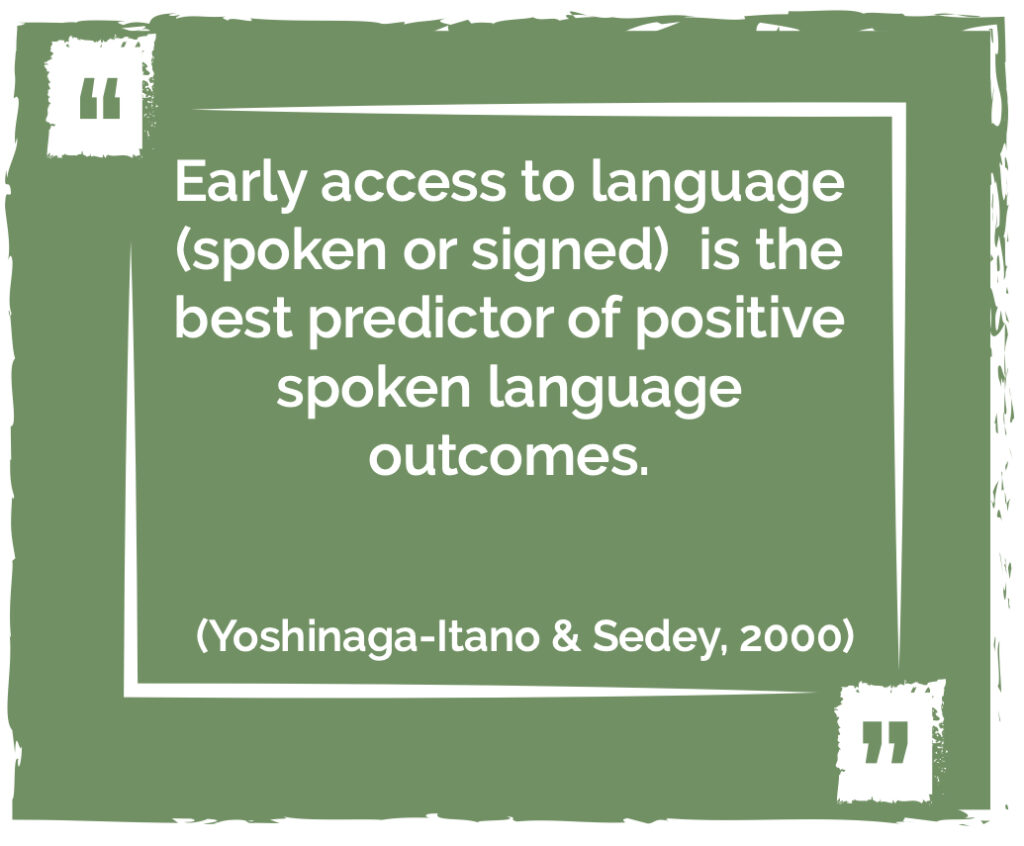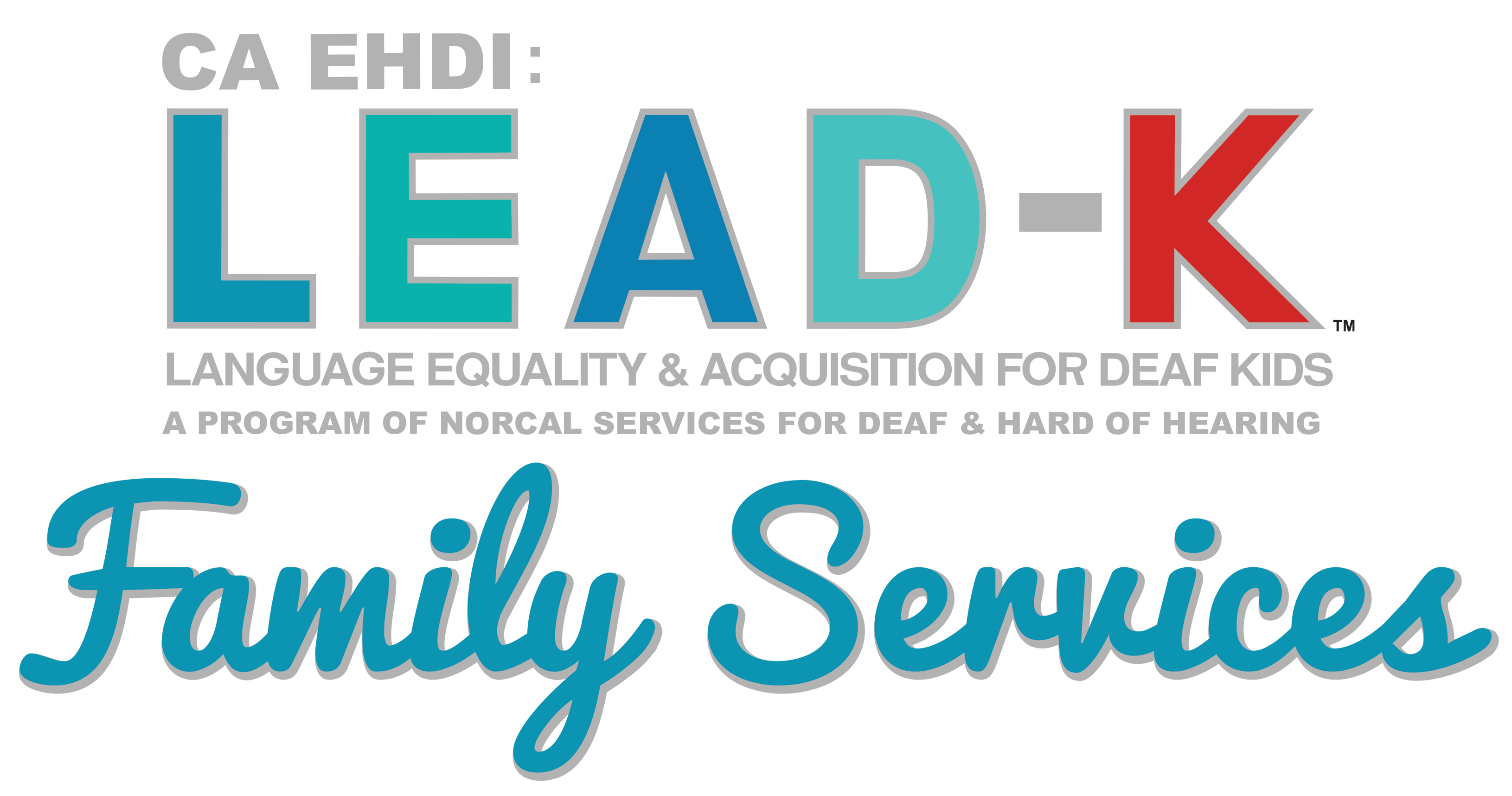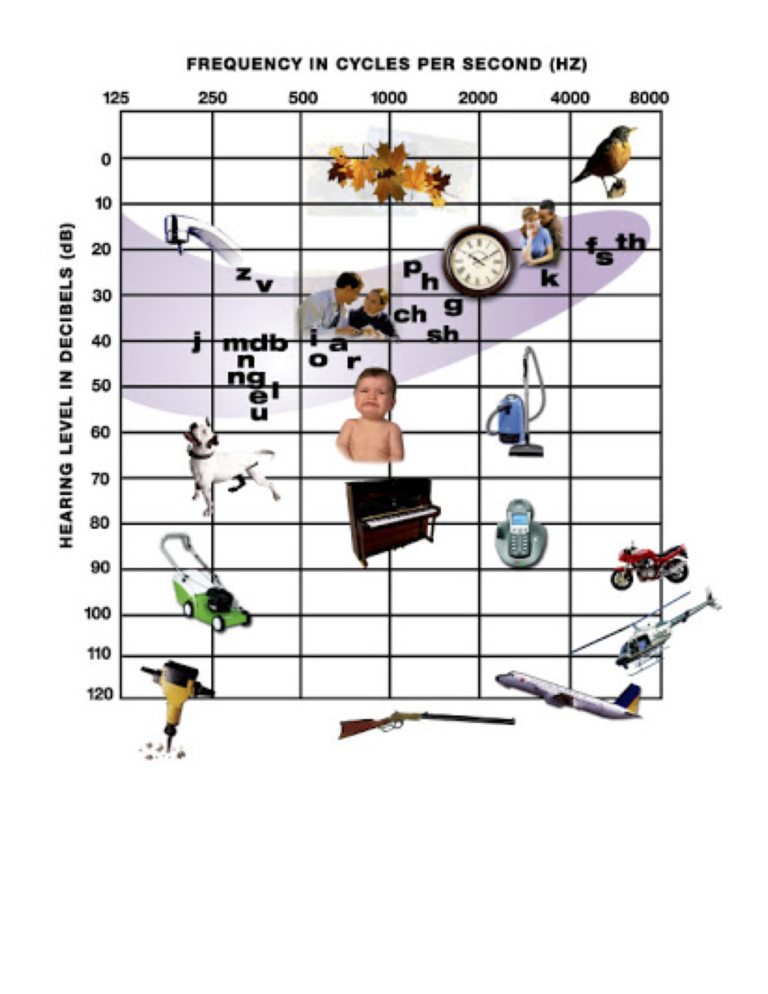«Información basada en estudios»
For most Deaf/HH children, spoken language is a skill.
The process of developing skills related to listening, speech and spoken language will differ for each child who is Deaf or Hard of Hearing depending on a variety of factors.
Born Deaf or Hard of Hearing
Became Deaf or Hard of Hearing at an age after language was acquired
Functional hearing level – the ability to hear speech sounds
Level of benefit from listening technology (understanding spoken language with a hearing aid or cochlear implant)
Family goals
I want my child to have language
Is your baby able to ACQUIRE spoken language?
Language is biological. If your child is not naturally picking up spoken language they may not have enough hearing to acquire spoken language. This doesn't mean they can't learn spoken language. They can learn speech and listening skills from a Speech Language Pathologist.

Language Acquisition through natural exposure means...
- a child picks up language without having to be taught. This is how most children have language.
- a child can easily understand the language around them
- language is learned subconsciously
- a child can share express themselves and be understood
Make sure your child is meeting the language milestones!

 Spoken Language development for most deaf/hh children means...
Spoken Language development for most deaf/hh children means...
- learning at an older age the skill of spoken language
- some level of hearing must be available before a child can be taught to listen
- learning from direct instruction and practice
- building on knowledge from a first language
Make sure your child has language and is not language deprived! 
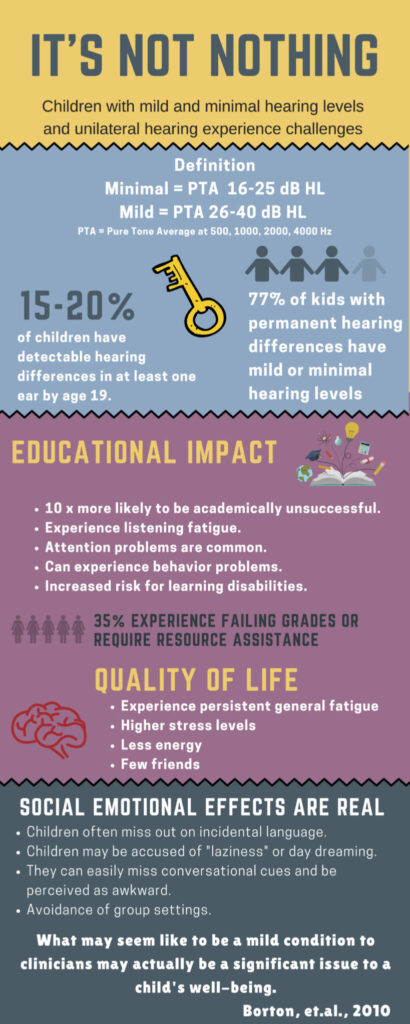

Don’t solely rely on your child’s weakest sense (their ears) as the ONLY access point for language.
Language is for Learning
Remember it’s a Critical Time for Language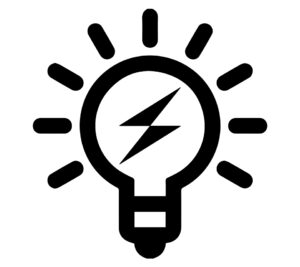
Understanding Language Development
Myths about Spoken Language
Many medical professionals are not language experts, especially when it comes to Deaf/hard of hearing children. If someone shares with you one of the falsehoods below then they are spreading misinformation. Be wary!

TRUE
- Only 30% of teachers reported that their cochlear implanted children were able to participate easily in a regular class and functioned like a hearing child. (Punch & Hyde, International Journal of Otolaryngology, 2011)
- Spoken language and American Sign Language stimulate the same language center in children's brains
- Spoken language and reading skills improve with the use of sign language

FALSE
- Speech ability correlates with inteligence
- A cochlear implant gives a child the same access to spoken language as a hearing child
- The only way to be successful is with spoken language
- Sign language hinders a child's ability to develop spoken language
Even with auditory technology, Deaf/hh children do not have immediate access to a spoken language.

Should you get your child a hearing aid or cochlear implant?
The answer depends on your child.
Every child is different. Even two children with the same audiogram will have different spoken language outcomes.
Do your research! Talk to other parents with d/hh children. Ask your audiologist and doctor questions. What are realistic expectations of the technology?
Factors to consider…
Does your family have the time, commitment and/or support to attend audiology appointments and speech language training?
What is your child’s current hearing level and at what age it was identified??
What are your expectations? To improve one on one communications?
What resources do you have available to you? Do you live in a rural or urban environment?
Remember, only 1 in 4 children with cochlear implants maintain normal or above average language development. (Yoshinaga-Itano, Sedey, Baca, 2010)
Does your child have any other developmental issues?
What are your family values and culture?
What are your long term goals for your child?
Note that 47% of more than 20,000 implanted children since 2000 do not use their implants
(Watson & Gregory, 2005)
Deaf children with cochlear implants raised by deaf parents exceeded speech and language development when compared with deaf children with cochlear implants raised by hearing parents (Davidson, LilloMartin, & Chen Pichler, 2014; Hassanzadeh, 2012)
